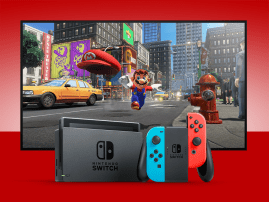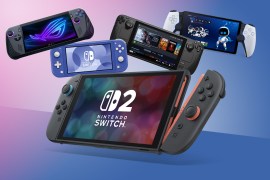8 games that were awful but are good now…we swear
It’s finally safe to return to these day one disasters…
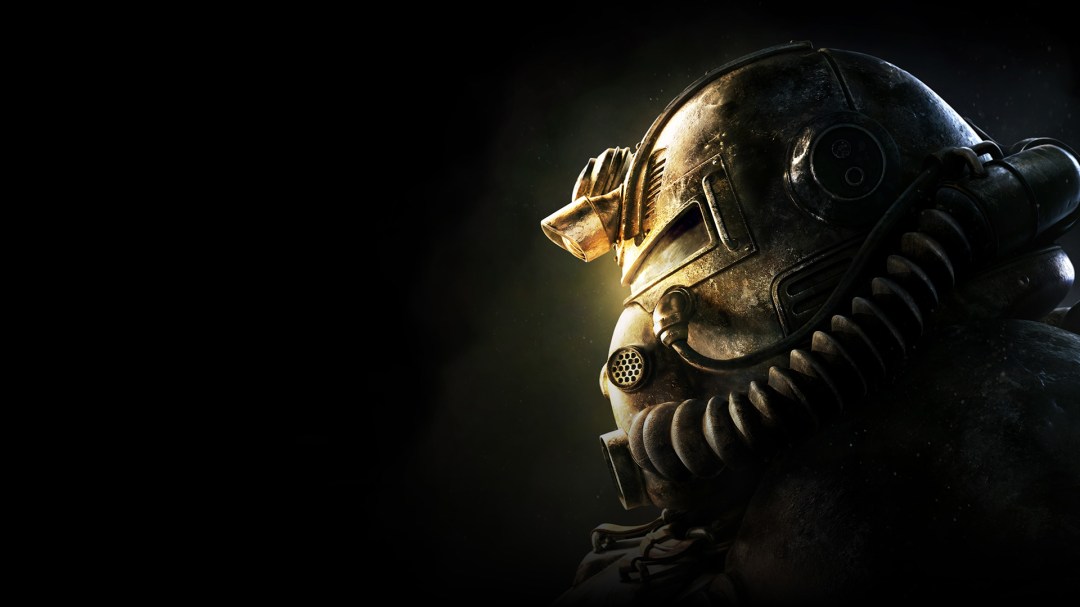
Making video games is big business, with many triple-A titles often needing budgets in the tens of millions. However, despite the considerable development, resources and marketing that developers pour into making their games the best they can be, that’s no guarantee of a quality finished product.
Even the most well-funded titles from the biggest game studios can have disastrous launches. Thankfully, many developers have no option but to right their wrongs and release patches and updates to address glitches and introduce new features.
It’s these broken but fixed titles we’ll be exploring here. So, step away from that pre-order button, and let’s dive into 8 games that were awful on release but are good now.
Cyberpunk 2077 (2020)
CD Projekt Red’s Cyberpunk 2077 was one of the most hotly anticipated games in recent years. This open world action RPG had you taking on powerful megacorporations, cybernetically-modded street gangs and rogue AIs.
Unfortunately, Cyberpunk had a disastrous launch, with many reviewers complaining of huge technical issues, including glacial frame rates, game-breaking crashes and open world glitches. These were even more apparent in last-generation consoles, with Sony withdrawing the game from sale and offering full refunds. Things also get murkier behind the scenes, with alleged shenanigans behind the third party QA company involved, including the firm overstating its testing capacity and capabilities.
Over a year later, patch 1.5 fixed most of these issues and included major upgrades to its NPC, open world, combat and AI mechanics. The result is a viable and lived-in future dystopia, although some players do need to work hard to erase the bitter taste of such a broken launch. Here’s hoping the incoming DLC Phantom Liberty provides a much smoother and more cohesive Night City experience.
No Man’s Sky (2016)
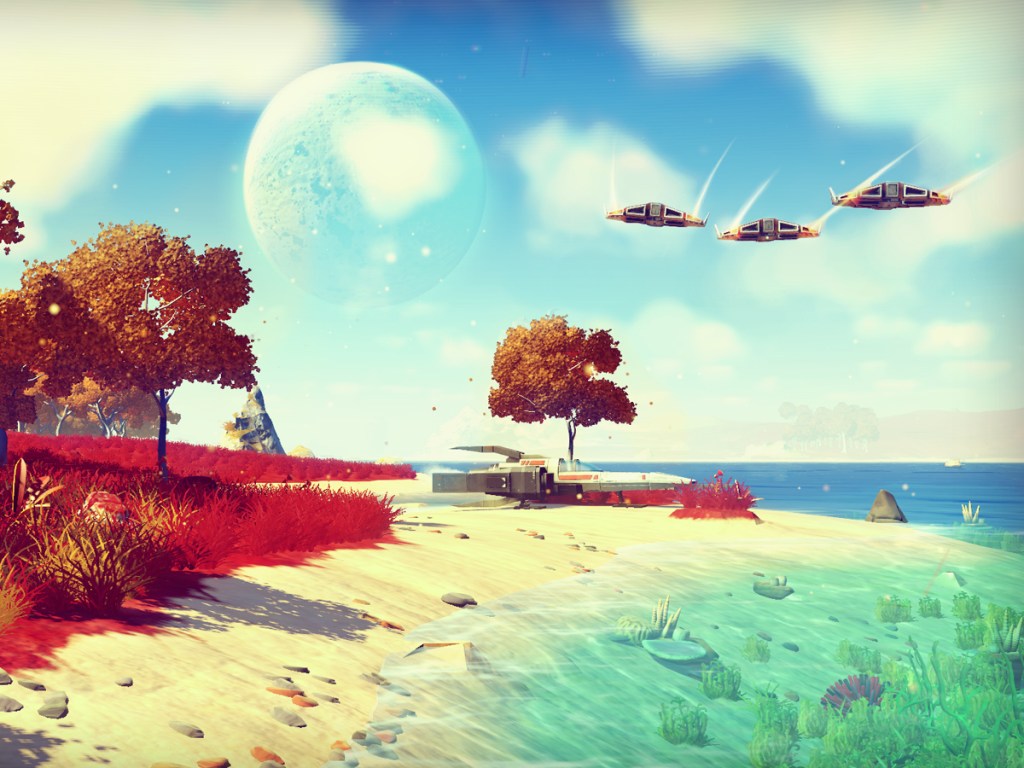
When it comes to managing consumer expectations, you always want to underpromise and overdeliver, not vice versa. However, founder of Hello Games, Sean Murray, suddenly found himself reaching Peter Molyneux levels of acclaim when it came to overselling the gameplay capabilities of No Man’s Sky.
A one-person hype machine, Murray claimed the game’s procedurally generated galaxy would feature giant space battles, planets teeming with diverse life, and a multiplayer option with voice chat. However, the initial release of the game featured no such content or features, and players complained of the repetitive gameplay and uninspiring worlds that were a chore to navigate. The main problem was that although the game could indeed generate a nearly countless number of planets, gamers quickly devolved into a tedious cycle of land ship, mine resources, lift off and repeat.
However, fast forward years later, and Hello Games has managed to fulfil many of its promises with major yearly updates, including a multiplayer component and VR modes. It’s clear that the developer is pulling out all the stops to recoup the fanbase, and there’s a dedicated community of players who can finally enjoy the game as originally intended.
Fallout 76 (2018)
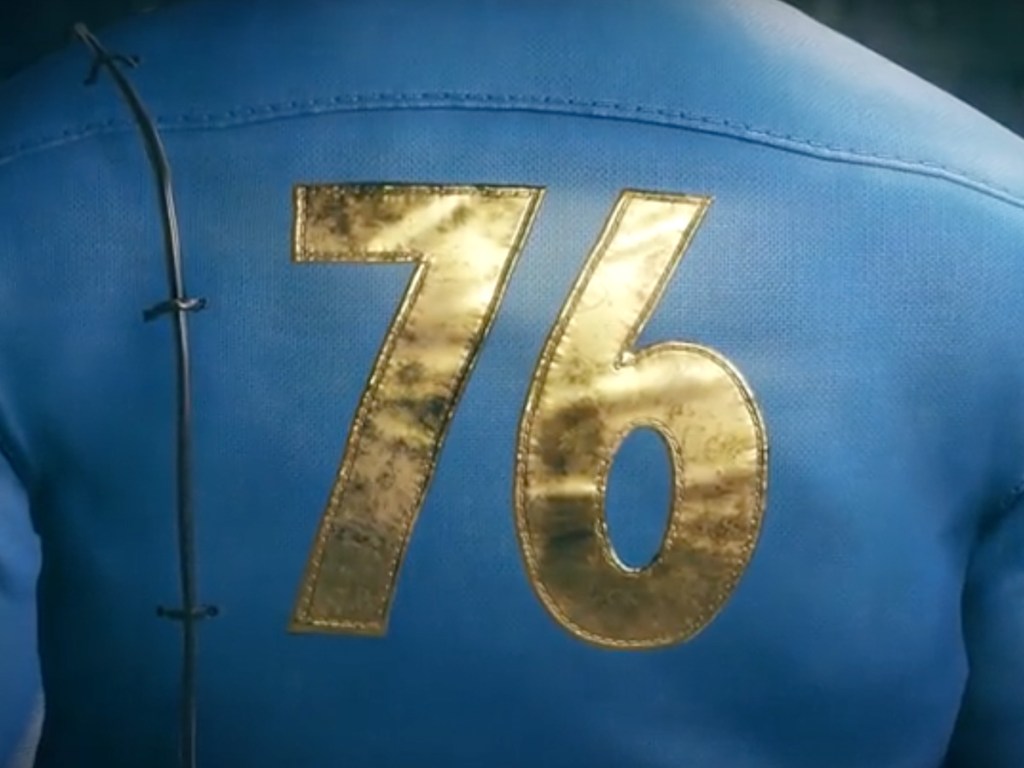
One of the most famous post-apocalyptic survival franchises took a turn for the worse following the release of Fallout 76. In this action RPG, players would venture through the irradiated wasteland of West Virginia.
However, up until this point, the mainline Fallout series had always been about delivering a rich single-player experience, letting players explore the wasteland, venture on quests and interact with a rich variety of NPCs. Upon the mention that 76 would be an online-only title, gamers immediately broke into cold sweats. Their fears were well-founded. Fallout 76 was released and let vault hunters explore an open world that had plenty of things to kill but practically no NPCs to bargain, banter or brawl with. The game also had various issues with performance and stability.
Responding to the game’s icy reception, Bethesda then attempted to launch a subscription model for extra benefits, priced at $13 per month or $99 annually, a cash grab that only served to enrage fans further.
Finally, after several years of development, both in-house and via third parties, the game was expanded to include extra content, such as branching quests and those essential NPCs. And while there’s no endgame content to speak of, Fallout diehards finally have some quests worth blasting through in their power armour.
Halo: The Master Chief Collection (2014)

As the flagship gaming brand of Xbox, the Halo series carries significant heft. So its remastered collection of six games in the sci-fi shooter franchise seemed guaranteed to unite a huge batch of new and old fans. After all, they may come for the futuristic space epic saga, but they ultimately stay for those chaotic, Warthog-powered multiplayer frag-fests.
Yes, as a gaming series renowned for its multiplayer offering as much as its futuristic alien scrapping, the Master Chief Collection was a huge letdown on the former. Upon release, players keen to unleash energy swords on each other were left in lobby limbo clutching inactive joypads as they faced lengthy matchmaking delays. What’s more, the game would often quit out before bouts started, earning players unfair match bans. Post-game stats were also typically inaccurate. It resulted in a frustrating experience, with numerous bugs and glitches reportedly affecting the game for months after release.
In a show of goodwill, along with fixing many of its bugs, Microsoft offered a bevy of freebies to disgruntled would-be Spartans, including a month of Xbox Live Gold, various in-game items and a copy of Halo 3: ODST.
Assassin’s Creed Unity (2014)

When players booted up Assassin’s Creed Unity in 2013, they were expecting a Parisien-themed stealthy stab-em-up, but day one players got more of a horror show.
The game’s PC version initially featured a “no face bug,” leaving NPC visages horrifically yet hilariously represented by just their hair, floating eyeballs and disembodied jaws and teeth. Console versions also suffered from various glitches, clipping issues and performance problems, some of which were reportedly still in place up to six months post-release. Unity may not have been the first game broken on release, but its shortcomings became infamous as one of Ubisoft’s biggest gaming franchises that fell so short of the haybale.
Some months later, though Unity didn’t become a standout AC title among its peers, it’s still a worthwhile addition to the franchise with a rare story set amid the French Revolution. Players could also enjoy the first AC game solely dedicated to the eighth console generation (PS4, Xbox), with features such as cooperative teamplay and a more lifelike and busier environment to blend into.
Star Wars Battlefront II (2017)

The violent storm of lightsabers clashing, the unmistakable sound of a TIE fighter close flyby, the howl of a Wookie as you unleash a flurry of blaster fire in his face. Large-scale FPS multiplayer maps married with the Star Wars universe sounded like a gamer’s dream pairing, but developer DICE spoiled this Midichlorian soup by introducing an aggressive loot box and microtransaction system.
Rather than restricting loot boxes to access cosmetic items, the developer deigned to include pay-to-win mechanics in pre-release versions of BFII, ensuring those who paid up had an unfair advantage over others. The ensuing controversy was brutal for all involved — a DICE developer who defended the loot box system resulted in Reddit’s currently most downvoted comment ever. It even prompted several authorities to investigate whether these pay-to-win systems constituted a form of gambling.
In the end, EA finally gave in and deactivated the game’s microtransactions, but not before the publisher’s stock price took a hefty mauling. Today, with minimal game-wrecking microtransactions, BFII has now been enhanced by extra content and game modes and is a fun jaunt featuring casual multiplayer mayhem with Skywalker and friends.
Batman: Arkham Knight (2015)
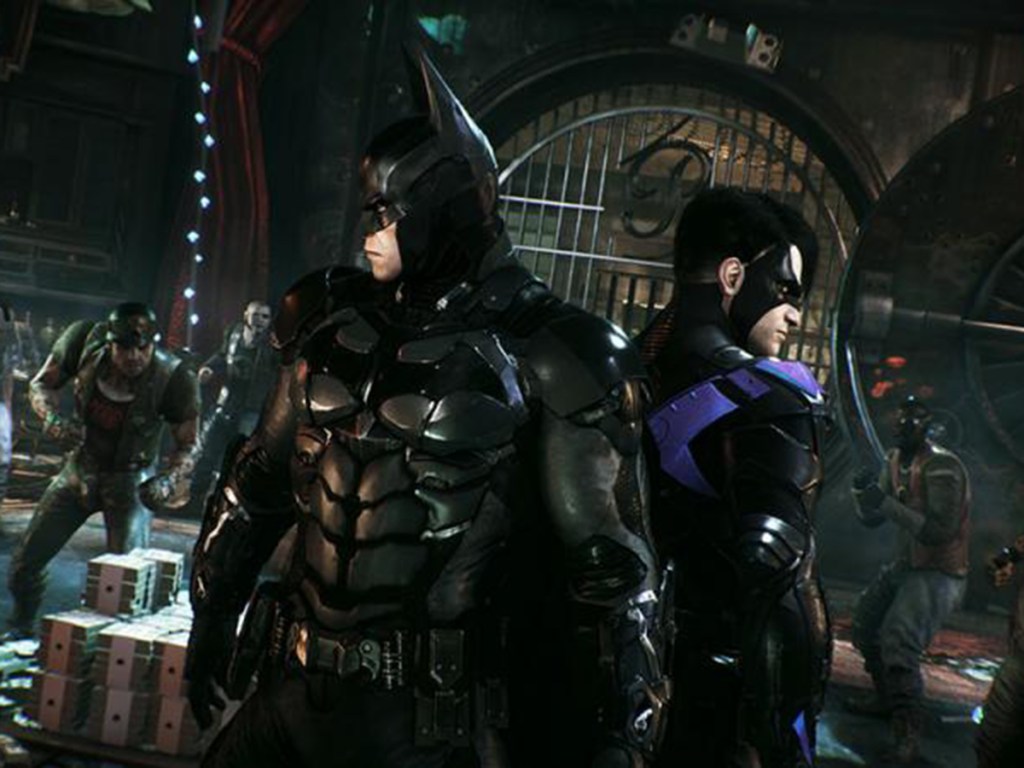
Time and time again, PC gamers have been stung by console conversions, and Batman: Arkham Knight served up a particularly egregious example.
Those on PS4 and Xbox One got a critically acclaimed adventure featuring the world’s greatest detective facing off against Scarecrow. With a bigger city to explore and a Batmobile to cruise around in, Knight is a solid entry into the Arkham series. Big shame then, that Rocksteady outsourced the PC conversion to a third party developer, resulting in a practically unplayable version of the game on Windows, even on the highest specced machines.
Though the Arkham series is all about giving players that perfect caped crusader experience, frame rates were seemingly capped at 30 fps and sometimes dipped below 10 fps, particularly while batgliding, which really soured your dark knighthood. And if the zombie-like frame rates weren’t an issue, the performance and memory issues rendered the game pretty much unplayable.
Warner Bros eventually pulled the PC version from sale, with a patch taking months to complete. The initial fix didn’t even rectify some of the game’s major faults, and refunds were offered. When the game was put back on sale in late 2015, it was patched to include all DLC content as a goodwill gesture. Today, PC gamers can finally enjoy something that resembles the console versions.
Mass Effect: Andromeda (2017)
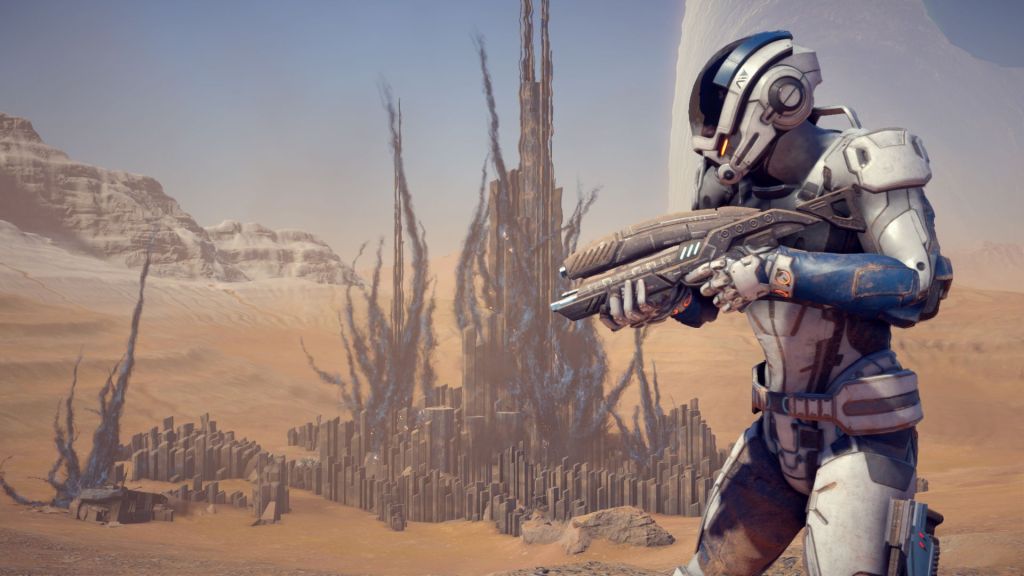
Even with its third instalment not quite sticking the landing, Mass Effect remains one of the most-loved sci-fi franchises in gaming. That meant that all eyes were on BioWare to ensure its follow-up, a new story in the IP, was a success. However, ME: Andromeda‘s development was beset by a myriad of issues, including seismic shifts in the game’s scope and mechanics, an ill-equipped Frostbite engine, and going from having multiple development studios to one studio that was understaffed and under-resourced.
On release, critics lambasted Andromeda’s lack of scope and vision, with only two new alien races and a scattering of worlds that felt huge yet empty and objectives that were overly grindy. This was a huge departure from Mass Effect’s typically tighter levels and diverse alien community. Worse still, animation had to be built from scratch, leading to meme-able facial disasters such as eerily spinning eyeballs and necks that bent all rules of anatomy.
Since then, with developers finally making good on fixing those embarrassing glitches, Mass Effect: Andromeda still has divided opinions on whether this part of the ME universe is worth returning to. However, the combat, characters, and exploration let players delve into a new frontier within the franchise.

